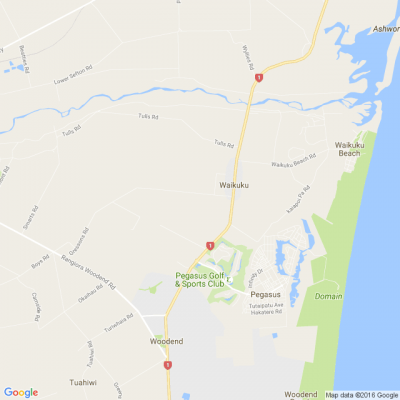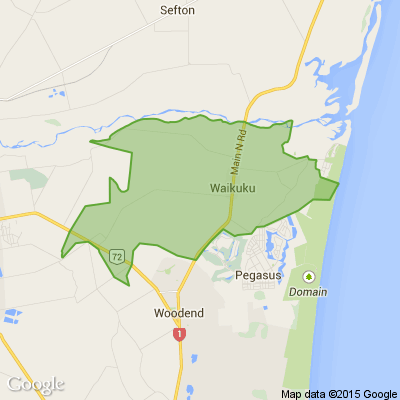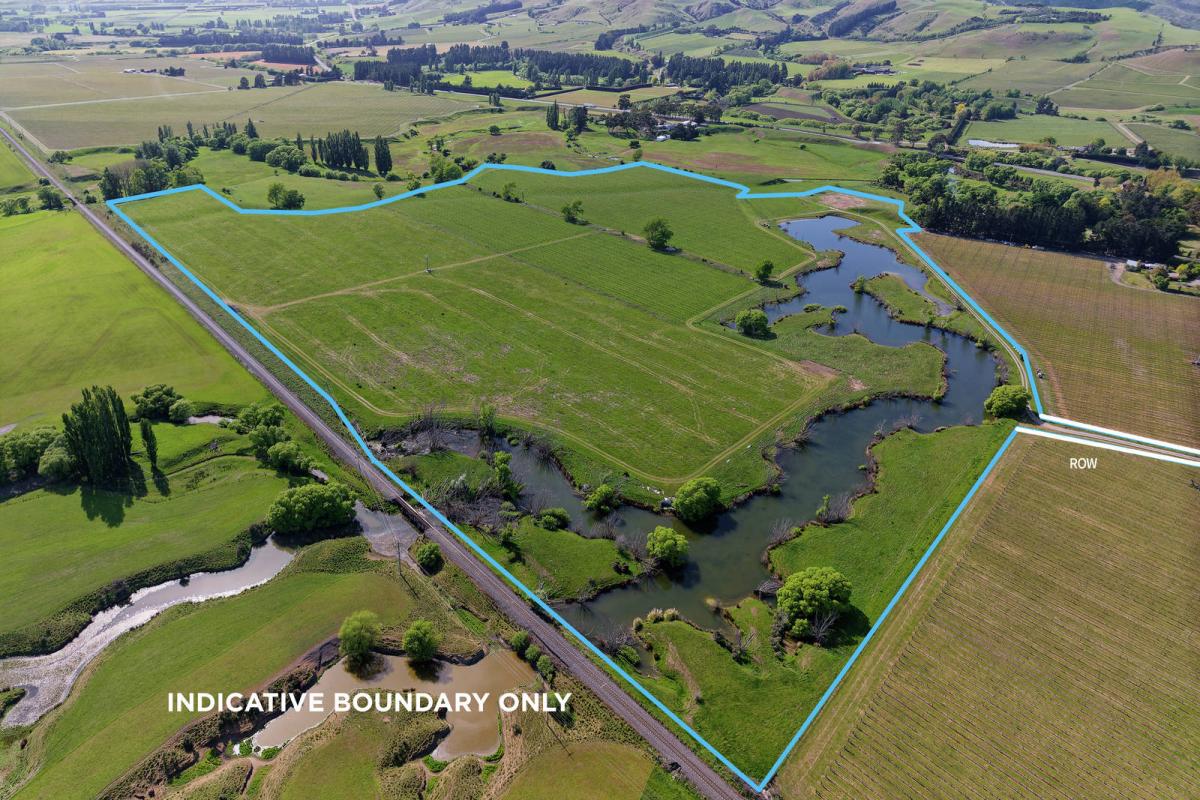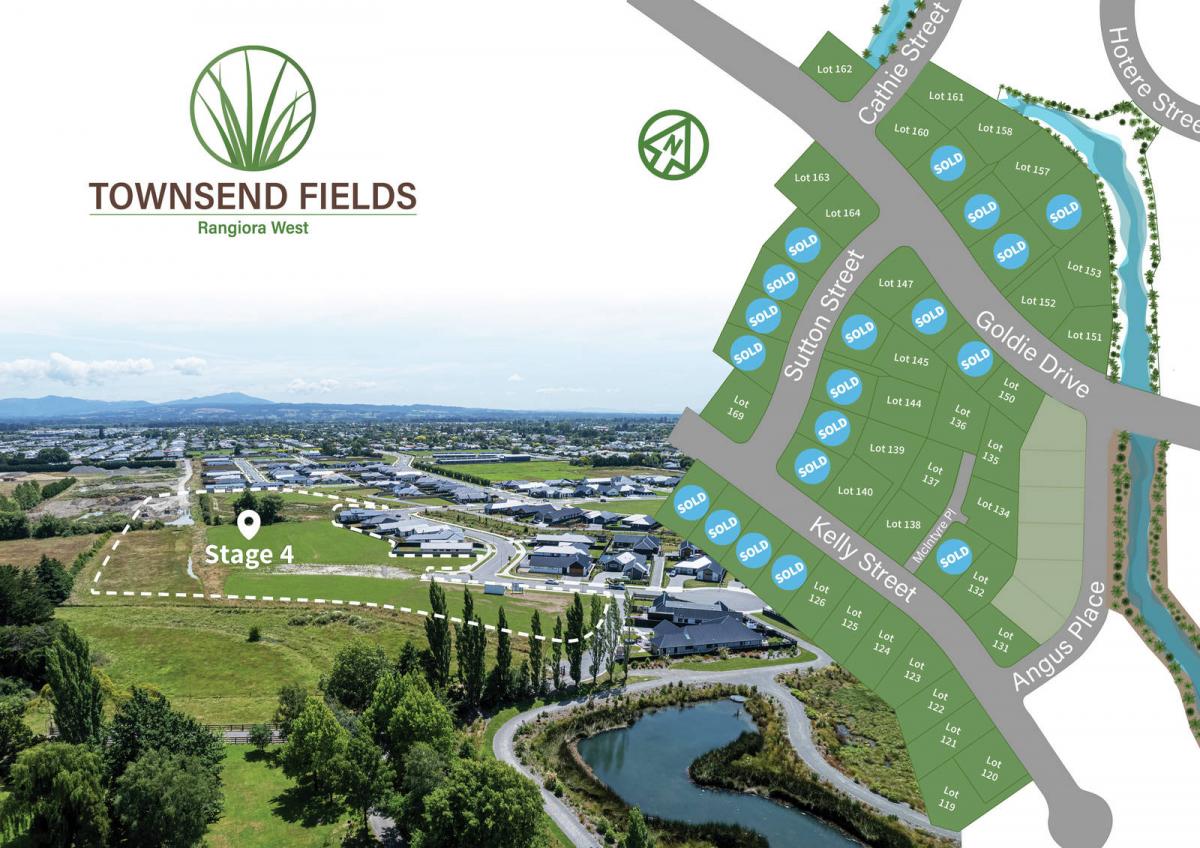Waimakariri could be a dark sky community
By local democracy reporter David Hill:
The Waimakariri district could become a dark sky community.
Oxford Area School Observatory volunteer Raul Elias-Drago told the Canterbury Astronomical Society's Stardate South Island 2023 camp at Staveley in Mid-Canterbury last weekend, the observatory committee is exploring the possibility of creating an Oxford dark sky community.
After hearing a presentation about the Wairarapa Dark Sky Reserve, Elias-Drago now wondered if the committee should think wider, across the whole Waimakariri district or even North Canterbury.
‘‘The Wairarapa example has been very important for us to learn, as it shows we can have a Waimakariri district where not every part of the district is exactly the same or subject to the same rules.’’
He said the committee was keen to develop the accreditation for Oxford, and the Oxford area, and believed it was important to draw people in - not only for the astronomy.
‘‘By bringing people to the observatory, we hope they will come again and it will benefit the businesses in the area.’’
But the Wairarapa Dark Sky model was appealing.
The Wairarapa Dark Sky Reserve gained accreditation from the International Dark Sky Association in December, after a five-year journey.
The reserve encompassed two districts, including the South Wairarapa and Carterton District Councils.
It comprised a core area to the south, which consisted of the Aorangi Forest Park, administered by the Department of Conservation.
The main towns to the north made up the ‘‘periphery’’, which were not subject to the same standards and lighting restrictions, but were still part of the reserve.
Protecting the dark sky had benefits of bringing in astro-tourism, protecting human health and animal welfare, and training the astronomers and astronauts of tomorrow, Elias-Drago said.
Retired Canterbury University academic Professor John Hearnshaw has launched a petition calling for national legislation to limit light pollution and promote dark skies, with the ultimate goal of New Zealand becoming a dark sky nation.
Science student and Canterbury Astronomical Society member Sasha Crawford said wildlife needed the stars to navigate.
‘‘A lot of birds use the stars to migrate, so not being able to see them can be catastrophic, as the circadian rhythm doesn't activate so they can't perform their natural functions and John Hearnshaw talks about it in his book [on dark skies].’’
Science communicator Hartina Mogosanu, who was involved in establishing the Wairarapa reserve, said it was time to ‘‘normalise’’ the conversation around dark skies.
An exhibition was held in Carterton over the summer to help people to understand what a dark sky reserve means.
She said thousands of people turned out and asked lots of questions, including whether police were going to arrive to turn out their lights.
‘‘But they don't have to do anything, the work has been done already.
‘‘People were a bit surprised as they thought everything was going to change, so it emphasises the need for good science communication.’’
Mogosanu said the two Wairarapa councils, Waka Kotahi NZTransport Agency and the Department of Conservation had all played key roles in making the changes necessary to gain dark sky accreditation.
*Public interest journalism funded through New Zealand on Air.
Out with the Old, In with the Confusing!
I have hands but can’t clap.
What am I?
Do you think you know the answer to our daily riddle? Don't spoil it for your neighbours! Simply 'Like' this post and we'll post the answer in the comments below at 2pm.
Want to stop seeing riddles in your newsfeed?
Head here and hover on the Following button on the top right of the page (and it will show Unfollow) and then click it. If it is giving you the option to Follow, then you've successfully unfollowed the Riddles page.

Share your summer photos! 📷
Taken some beautiful snaps lately? Whether it's rainbows, sunsets or a beautiful summer's day, we'd love you to share the joy with us.
Share a photo in the comments below

We're talking new year resolutions...
Tidying the house before going to bed each night, meditating upon waking or taking the stairs at work.
What’s something quick, or easy, that you started doing that made a major positive change in your life?








 Loading…
Loading…











